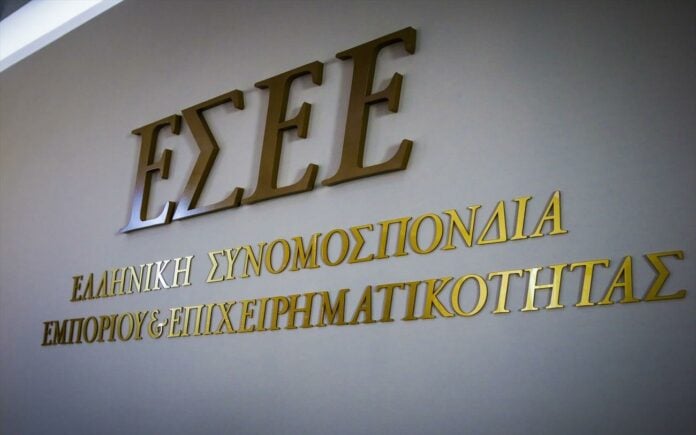Greece’s Hellenic Confederation of Commerce and Entrepreneurship (ESEE), which represents SMEs in the country and much of the retail sector, this week again unveiled proposals to reduce what it called over-taxation in the thrice bailed-out country for businesses and households.
The figures presented by the trade group purportedly show that Greece is a “champion” in the Eurozone in terms of imposed taxes on businesses, after Malta, based on the ratio of central government revenues versus a country’s GDP – 35.3 percent in Greece’s case, compared with a 20.4-percent average in the common currency area.
ESEE also notes that despite the high levels of taxation in the country, more revenues are not generated, either as a percentage of the state’s take or in absolute terms, compared to other EZ countries with lower rates.
The trade group said that in a recent survey of 250,000 SMEs in Greece, 80 percent reported losses or zero profits, and only one in 10 claimed they generated profits exceeding 60,000 euros on an annual basis.
Confirmed corporate and business-related tax revenues for 2018 are forecast to reach 4.8 billion euros – based on 2017’s results. Moreover, the total taxable turnover and incomes for 2017 is expected to drop by two billion euros, compared to 2016 – 400 million euros less for self-employed professionals, and with 5.1 billion euros of new tax arrears added during the first half of 2018 alone.
Based on figures collected and released by the social security umbrella organization (EFKA) in Greece, the average monthly salary in February 2018 was 929 euros for the private sector. The figure is 1,075 euros in the public sector, as of Q2 2017.
The average household income in Greece reached 1,104 euros per month, and average social security benefits 897 euros (primary and supplementary pensions).
The average income tax that a taxpayer paid in Greece for 2017 income was 1,342 euros.














